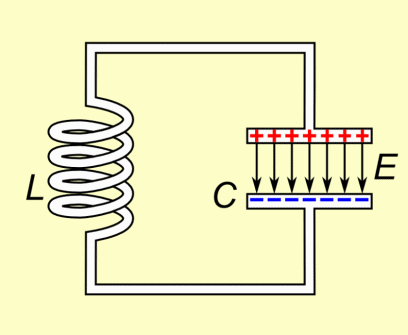Does producing higher frequency waves require more energy than their low frequency counterparts with same amplitudes? For example, in electronics, would a 500 kHz wave require higher voltage to produce in comparison to a 50 Hz wave at the same amplitude?
This is to assume in both cases that the material is free from resonant properties, and is not oscillating at its natural frequency. Also assuming the material is capable of producing both of the frequencies in question equally well.
Examples using waves in air, or models using pendulum systems are welcome. if my question is too vague, please let me know, I'll try be more specific. I am looking for a general theory.

